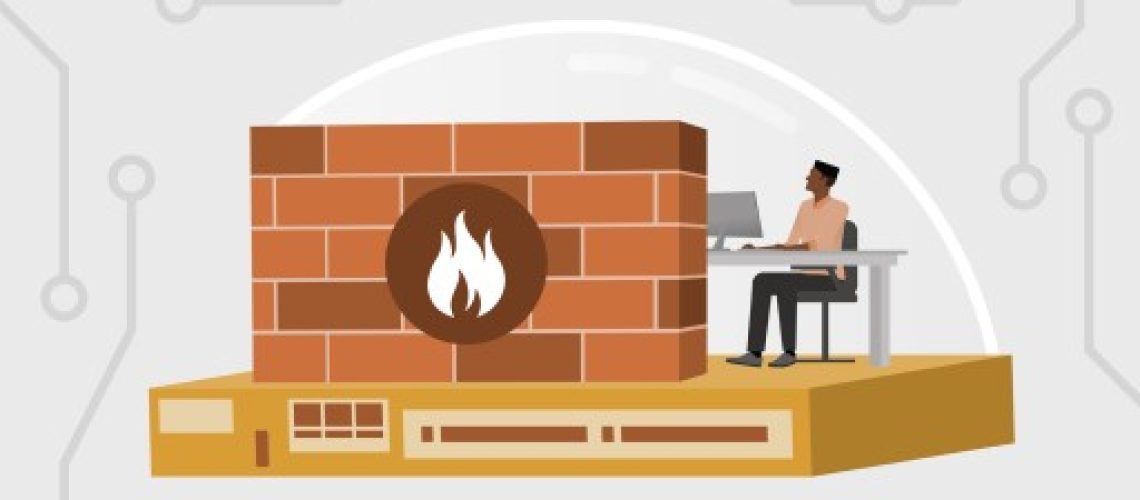Use a Firewall – Tip of the Day April 15, 2024
Description
A firewall is a network security device or software application that monitors and controls incoming and outgoing network traffic based on predetermined security rules. It is a barrier between a trusted internal network and untrusted external networks like the internet. Firewalls can prevent unauthorized access to or from a private network while allowing legitimate communications.
Why It’s Important
- Network Protection: A firewall is the first defence against unauthorized access to your network and helps protect sensitive data from being compromised.
- Blocking Malicious Traffic: Firewalls can block incoming traffic from known malicious IP addresses, preventing potential cyber-attacks such as denial-of-service (DoS) attacks or intrusion attempts.
- Application Control: Some firewalls offer application-level filtering, allowing you to control which applications can access the internet and enforce security policies.
Types of Firewalls
- Network Firewalls: Traditional firewalls filter traffic based on IP addresses, port numbers, and protocols. They are typically deployed at the perimeter of a network.
- Host-Based Firewalls: Software firewalls installed on individual devices, such as computers or servers, to monitor and control network traffic at the device level.
- Next-Generation Firewalls (NGFW): Advanced firewalls incorporating additional security features such as intrusion detection and prevention, deep packet inspection, and application awareness.
How to Use a Firewall
- Enable Built-in Firewalls: Most operating systems come with built-in firewall capabilities. Ensure the firewall is enabled and properly configured on your computer or network devices.
- Configure Rules: Define specific rules or policies for your firewall to determine which types of traffic are allowed or blocked.
- Regularly Update: Keep your firewall software updated with the latest security patches and firmware updates to ensure optimal protection against emerging threats.
- Monitor Logs: Regularly review firewall logs to identify any suspicious activity or attempts to breach your network security.
Additional Considerations
- Combined with Other Security Measures: Firewalls are one component of a comprehensive cybersecurity strategy. They should be used with antivirus software, intrusion detection systems, and other security measures for maximum protection.
- Segment Your Network: Consider segmenting your network into separate zones with different security requirements and deploy firewalls between these segments to control traffic flow and restrict access.
Conclusion
A firewall is essential for safeguarding your network and protecting your devices and data from unauthorized access and cyber threats. By implementing firewall protection and following best practices for configuration and management, you can enhance the security posture of your network and reduce the risk of security breaches and data compromises.


